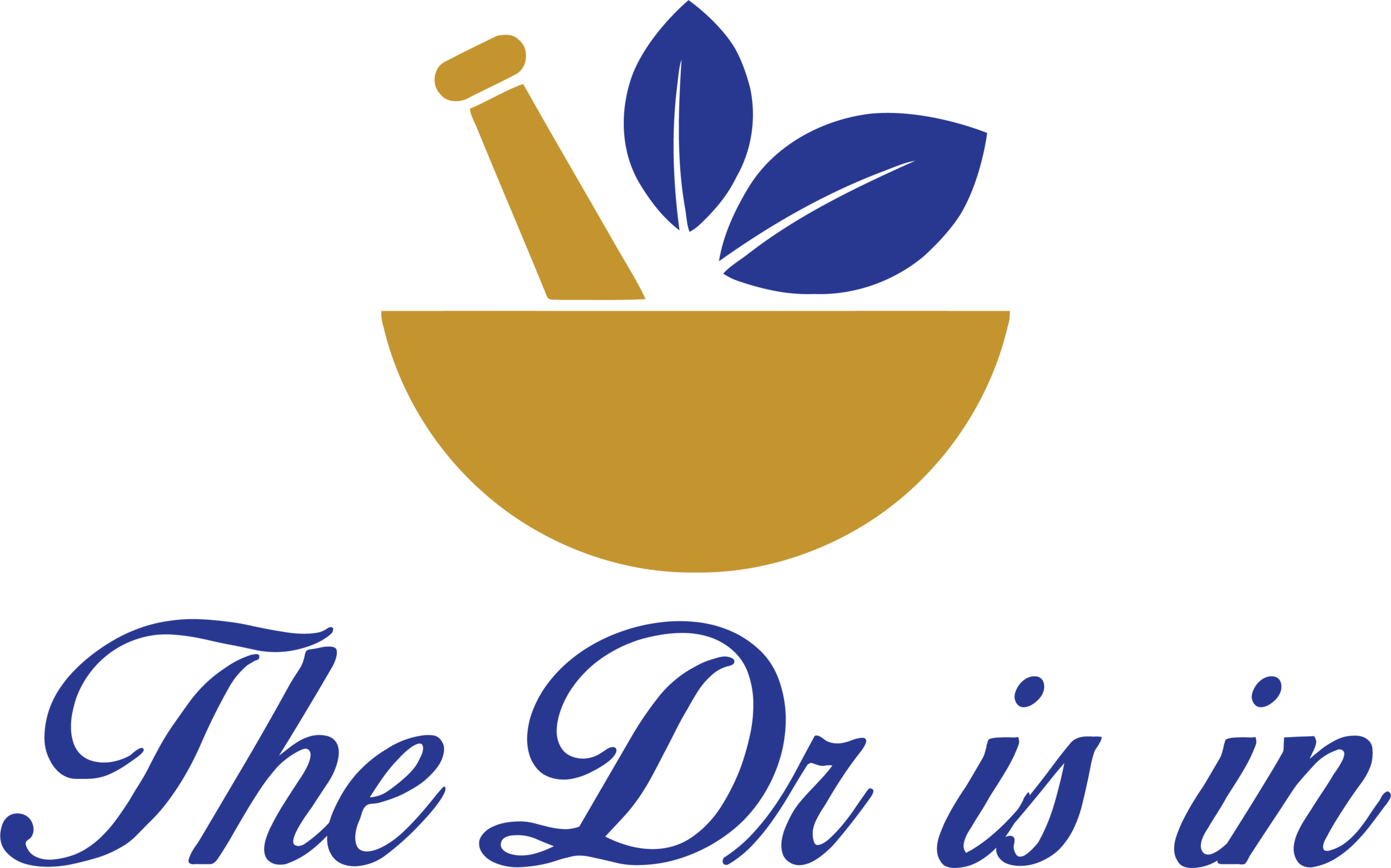Nutrition and Supplements That Help Reduce UTI-Causing Bacteria in Men
Urinary tract infections (UTIs) in men are often caused by bacteria such as E. coli. Certain foods and supplements can support urinary health and help weaken or inhibit these bacteria.
Foods That May Help
- Blueberries: packed with antioxidants and polyphenols, blueberries can help your body fight infections. They prevent bacteria from binding to urinary tract cells.
- Cranberries: (juice, extracts, or supplements) contain compounds that stop bacteria from adhering to the bladder walls, reducing their ability to cause infection.
- Garlic: fresh garlic contains allicin, a compound with potent antibacterial effects. It can help reduce the growth of UTI-causing bacteria, including E. coli.
- Green Tea: is rich in polyphenols, particularly epigallocatechin (EGC), which shows strong antibacterial effects against UTI bacteria in lab studies.
- Probiotic-Rich Foods: yogurt, kefir, sauerkraut, kimchi, and other fermented foods can help maintain a healthy balance of bacteria in the urinary tract, making it less hospitable to harmful bacteria.
- Hibiscus: consumed as tea or in supplements, hibiscus has shown anti-UTI properties due to its antioxidant content.
- High-Fiber Foods: bananas, oats, lentils, almonds, and chia seeds may support regular bowel function, helping prevent bacterial spread from the gut to the urinary tract.
Supplements That Target UTI Bacteria
- D-Mannose: a sugar found in fruits, D-mannose can block bacteria from sticking to the urinary tract lining, helping flush them out during urination.
- Probiotic Supplements: especially strains such as Lactobacillus rhamnosus and Lactobacillus fermentum, which outcompete pathogenic bacteria and reduce their colonization.
- Vitamin C: acidifies urine, creating an environment less favorable for bacterial growth. It may also reduce the risk of recurrent infections (usual doses: 500–1,000mg per day).
- Saw Palmetto, Pygeum, Stinging Nettle: these herbal remedies are most often used for supporting prostate and urinary health and may help reduce symptoms in men, though evidence specific to their antibacterial action is limited.
Practical Tips
Drink plenty of water to help flush out bacteria.
Limit sugary and highly processed foods, as sugar can promote bacterial growth.
Avoid foods or beverages that irritate the bladder, such as caffeine and alcohol

